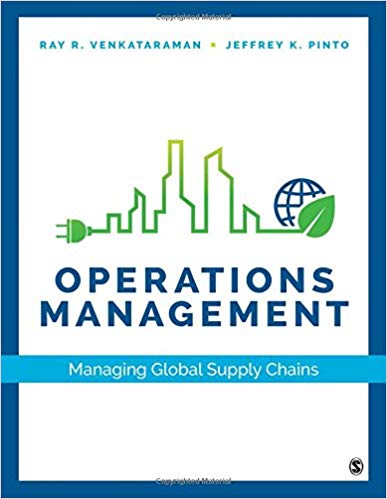Question
We have identified petroleum reserves in Australia totalling 400 million barrels, and want to evaluate the attractiveness of building our own refinery to process the
We have identified petroleum reserves in Australia totalling 400 million barrels, and want to evaluate the attractiveness of building our own refinery to process the crude oil versus shipping it to a refinery in Singapore. Our company’s extraction operations around Australia will produce 50 million barrels of crude oil per year that can either be sold in Singapore for US $40/barrel (net of transport costs) or processed through our own refinery. The purpose built refinery will process the crude oil into diesel fuel and fuel oil, with a recovery factor of 96% of feed. These two products will be sold within Australia where the current price of diesel is AU $150/barrel and the market price for fuel oil is AU $90/barrel (both net of transport costs).
To date, AU $3 million has been spent on an initial scoping study, and we are now asking your group to help identify the feasibility of building the refinery by providing an assessment of its value. The refinery’s design is being based on an existing refinery that processes 60 million barrels of crude each year and cost US $2 billion to construct and commission in 2018 real money terms.
The project will require the investment in capital to be committed over 2 years of construction, with 70% of the capital being spent in year 1 and the remaining 30% spent in year 2. Once commissioned it will take another 3 years to ramp up to full production. During this ramp-up period, the flow rates will be 30 million barrels processed (feed) in year 1, increasing to 39 million barrels in year 2, and reaching full design feed capacity in year 3.
Operating costs are forecast to commence at US$23/bbl of feed in the first year of production, dropping to US$22/bbl in the following year and then reaching US$21.50/bbl of feed in real terms over the remaining life of the project. From each barrel of crude oil that is processed through the refinery, we will produce 0.5 barrels of diesel fuel and 0.4 barrels of fuel oil.
Australian inflation will affect both revenue and costs to the same degree and is expected to average 2.1%. Your forecast is that the long-term exchange rate will be 1 US$ = 1.40 A$, with US CPI forecast at 1.8% per annum. The Australian Corporate Income Tax rate is 30% and the Federal and State royalty rate (combined) is 10% of gross revenue. For tax purposes, assume capital assets in this project depreciate using the diminishing value method over a life of 7 years, with a premium of 200%.
Owing to the sovereign setting, the upfront capital or development costs will be sourced in the ratio of 70% equity and 30% debt. The targeted long-term capital structure of the company reflects a preferred 30% debt target level. Woodside Petroleum (ASX : WPL) proxies as a comparable company in terms of its stock’s volatility in the Australian market. In addition, financial institutions will charge the project LIBOR plus 300 basis points for a 10-year debt facility, with an initial 3-year interest roll-up, capital-and-interest repayment moratorium (i.e. non-payment) period.
From the above, address the following questions using the provided template:
1. Determine the appropriate variable costs of capital (WACC) to use in the discount rates for this project.
2. Derive the value of this petroleum extraction project for the company.
3. Comparatively discuss the discount rates you chose in 1 above against using a single discount rate for the project over its life (max 1,000 words).
Step by Step Solution
3.51 Rating (158 Votes )
There are 3 Steps involved in it
Step: 1
1 The appropriate cost of capital for this project is the weighted average cost of capital WACC The WACC is the weighted average of the cost of equity ...
Get Instant Access to Expert-Tailored Solutions
See step-by-step solutions with expert insights and AI powered tools for academic success
Step: 2

Step: 3

Ace Your Homework with AI
Get the answers you need in no time with our AI-driven, step-by-step assistance
Get Started


